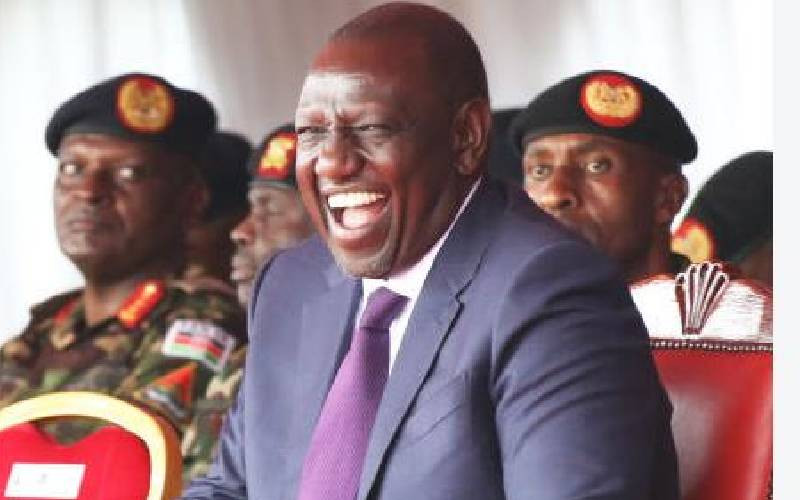
The 2022 presidential election outcome was unusual in that it revealed the existence of an uprising in the Mountain; a revolt of the tumundu or small people. Although the signs were long there, the Mountain political elite ignored them, showed disdain, and assumed it had power to tell the tumundu what to do. To them, what the tumundu thought was irrelevant. Along the way, experts on 'Kikuyu' political culture and behaviour cropped up and filled the airwaves with authoritative assertions on how the Kikuyu act or were expected to behave.
Experts talking about the Kikuyu became a norm that left many Agikuyu wondering about the sources of the supposed expertise. The few who tried to warn that all was not well in the House of Mumbi were ignored partly because they probably belonged to the tumundu category. Ignoring the signs led to the wiping out of the existing political leadership in August 2022.